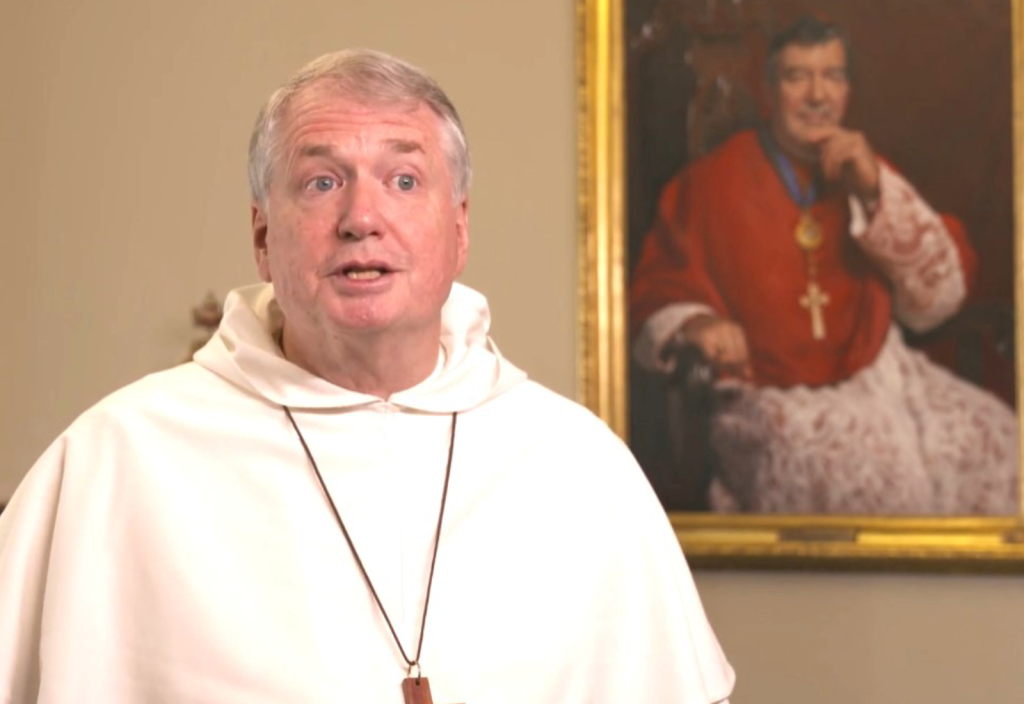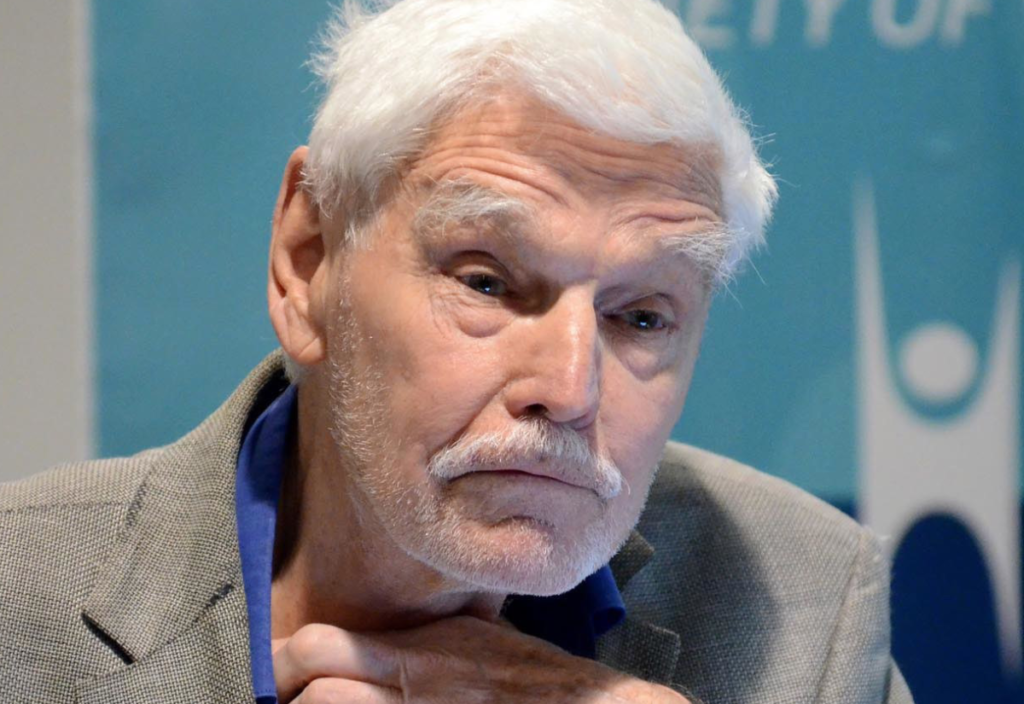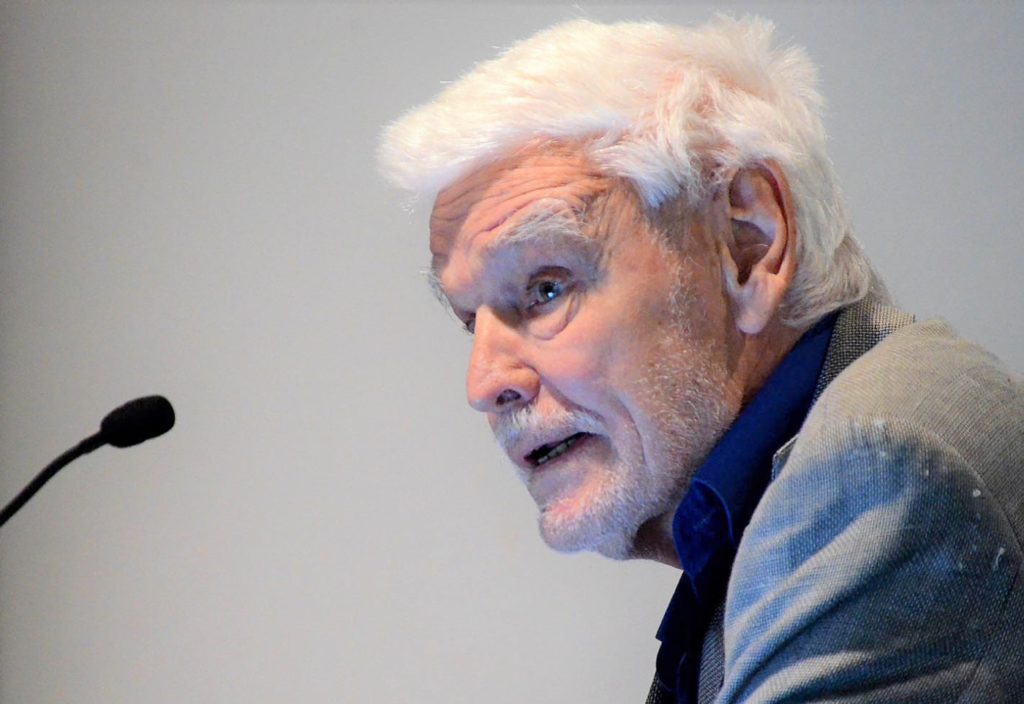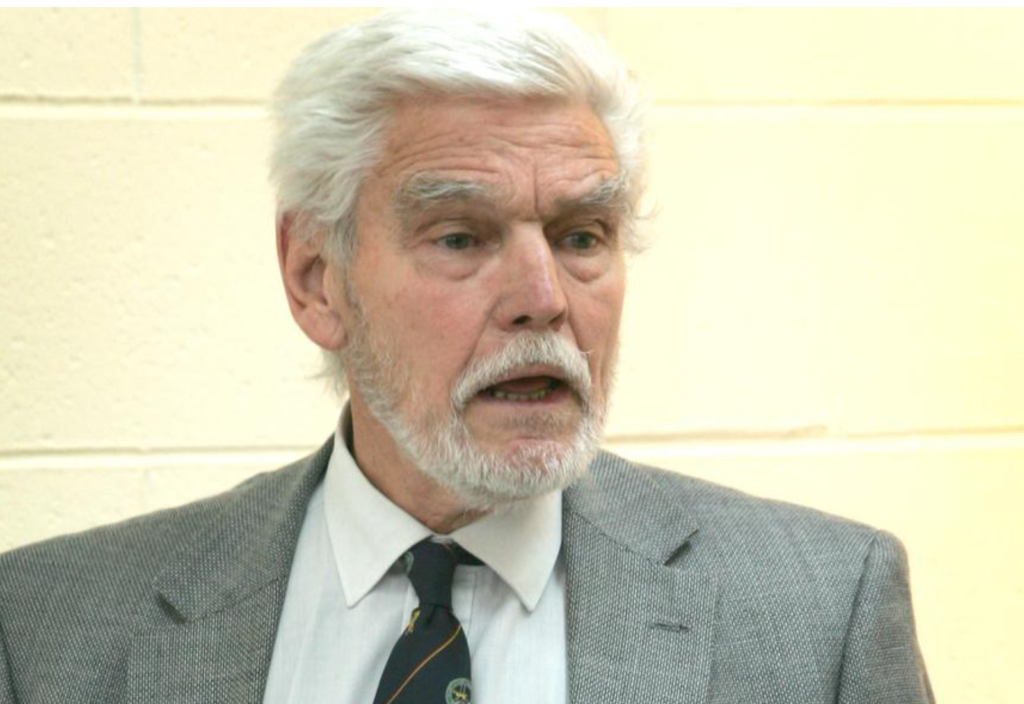In his classic book Straight and Crooked Thinking – now in its fifth edition (2011) – Robert H. Thouless describes many dishonest debating tricks, often with catchy names, such as the ‘argument of the beard’. However, one that plagues so much of the debate over voluntary assisted dying, though well covered in the book, is given only the convoluted description “the argument that we should not make efforts against X, which is admittedly evil, because there is a worse evil Y against which our efforts should be directed.”
If ever there were a debating trick in search of a name, this would be it. I suggest the term the ‘chewing gum argument’, a reference to the notorious comment by US President Lyndon Baines Johnson about walking and chewing gum – although, the origin of the saying is disputed. The point of the comment is that it should be possible to walk – or fart, to use LBJ’s expression – and chew gum at the same time.
Having now consulted this classic book, I am satisfied that my suggestion is quite apposite, as the explanation of this trick includes the passage: “The dishonesty of this argument lies in the fact that there is no good reason why we should not try to do both.” The fifth edition of the book even gives an interesting Australian example from the Apartheid era, concerning protests against the visits of racially segregated sporting teams from South Africa.
The formal reply to the trick is given as: “If Y is a worse evil than X, this is no reason for not trying to remove X, although it is a sound reason for fighting even more energetically against Y.”
Those who are familiar with the assisted dying debate will recognise that what has inspired this soubriquet of the ‘chewing gum argument’ is the persistent proposition put forward by opponents of assisted dying that we should not legislate to introduce it until every effort has been made to extend and improve the coverage of palliative care services for the whole population.
In the terms used by the book’s author, this can be stated in the following proposition: the fact that palliative care may not meet the needs of a small proportion of people suffering from terminal illness, leading them to request access to assisted dying, might perhaps be conceded, but it pales into insignificance compared to the much greater proportion of people suffering from terminal illness who cannot access any palliative care services at all. And, therefore, we need to direct our efforts toward providing more and better palliative care services before thinking of legislating for assisted dying.
As Thouless – and LBJ – would say, there is no good reason why we should not do both. In fact, we cannot offer people suffering from terminal illness a genuine choice unless we do both.
The task of government requires many activities to be undertaken simultaneously, and all effective governments multi-task all the time. To suggest that it is somehow inappropriate or dangerous to multi-task in government is nothing short of absurd.
A simple rebuttal to the ‘chewing gum argument’ is to say: “Oh, so now you’re telling me we can’t walk and chew gum at the same time. I can’t imagine how much trouble the government would be in if that were actually true.”
When they retreat to the position that it might be possible to do both but it shouldn’t be done, the reply is: “That’s pretty heartless – to deny people suffering severely at the end of life their last choice. No wonder ordinary decent people don’t agree with you.”
And when they retreat to the threat to palliative care if assisted dying is introduced, then we have them, with much evidence from Australia and overseas to show that the consequence is a benefit to palliative care rather than a threat.
But we can say all this really nicely because “we agree with you that palliative care is of the utmost importance, and needs to be fostered.”
Author’s note: This article was originally prepared during the West Australian parliamentary debate over that state’s Voluntary Assisted Dying Bill in 2019. It has been updated for today’s audience.
Photo by Domonik Lange on Unsplash.















Spot on. It has always frustrated me to hear the argument ‘we don’t need voluntary assisted dying, we just need to improve palliative care’. It is wrong to conflate the two issues, they are quite different. It is possible to address and continually improve both VAD and palliative care simultaneously.